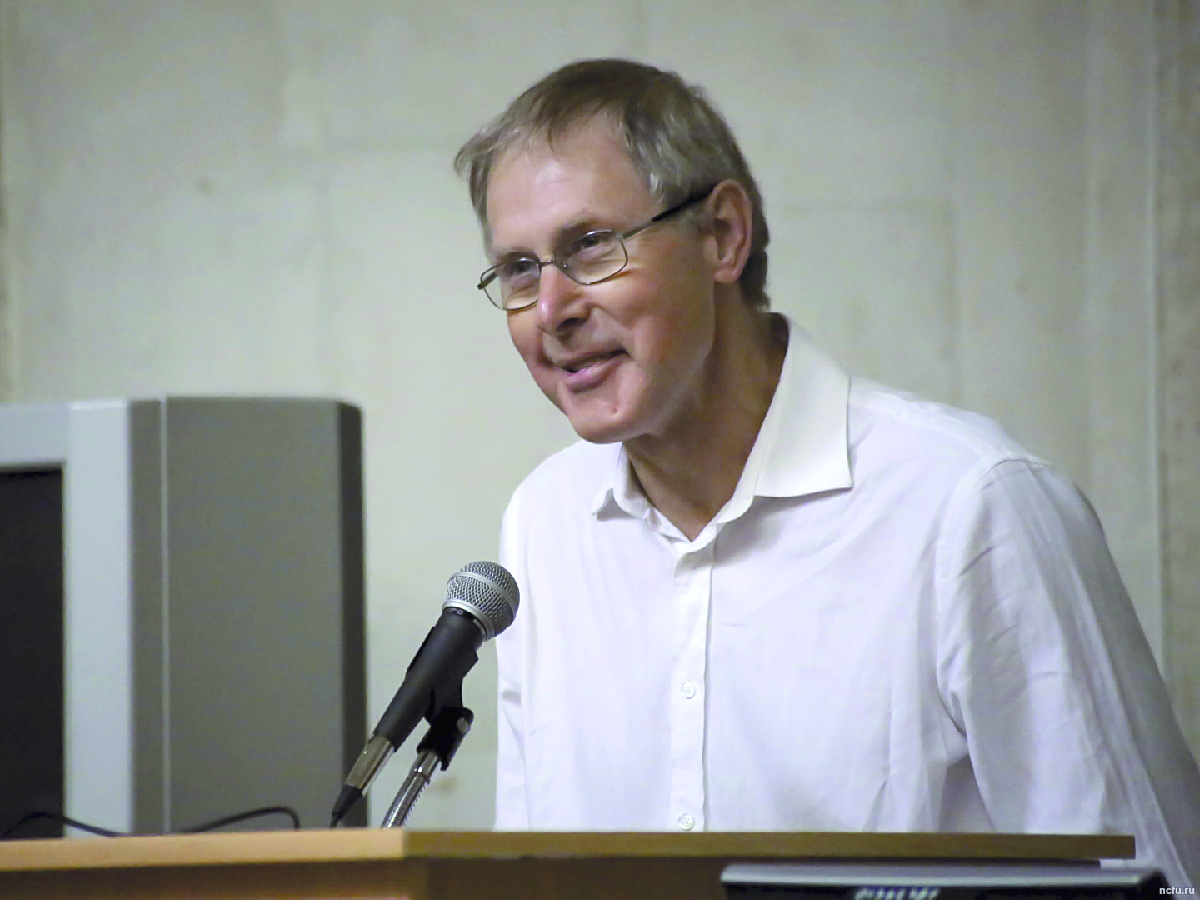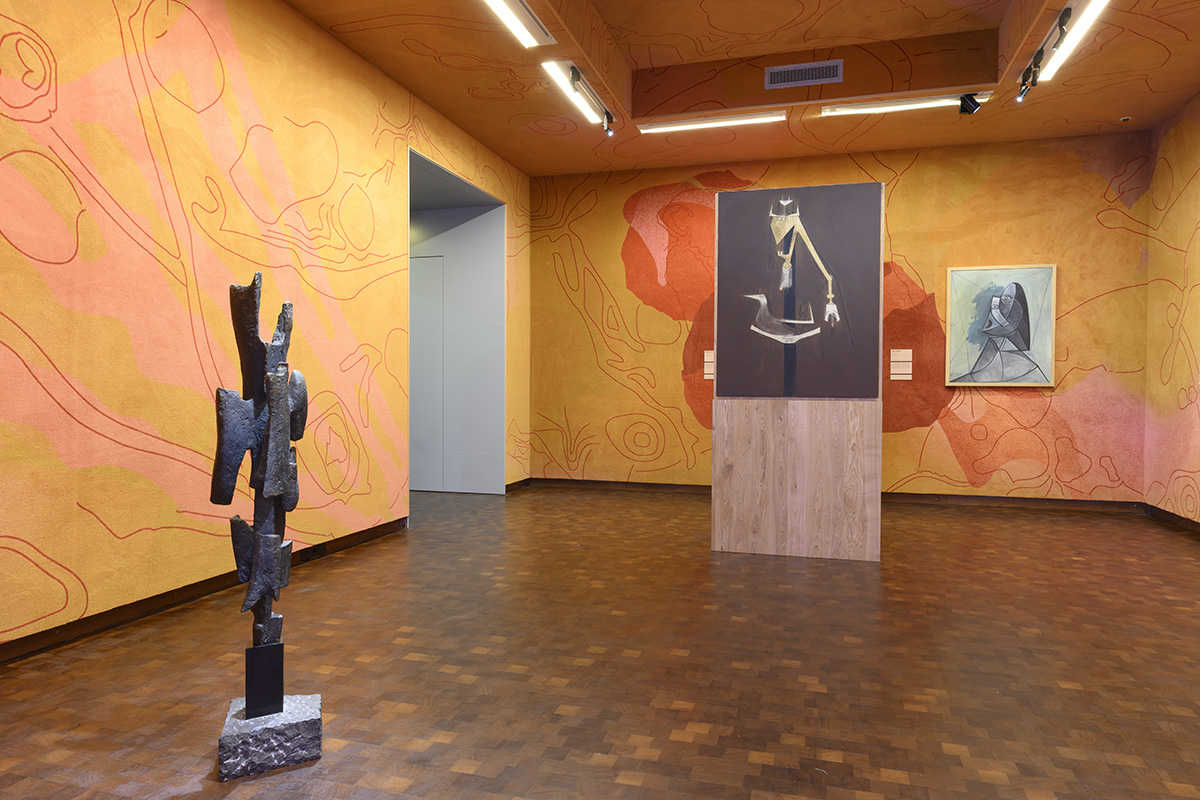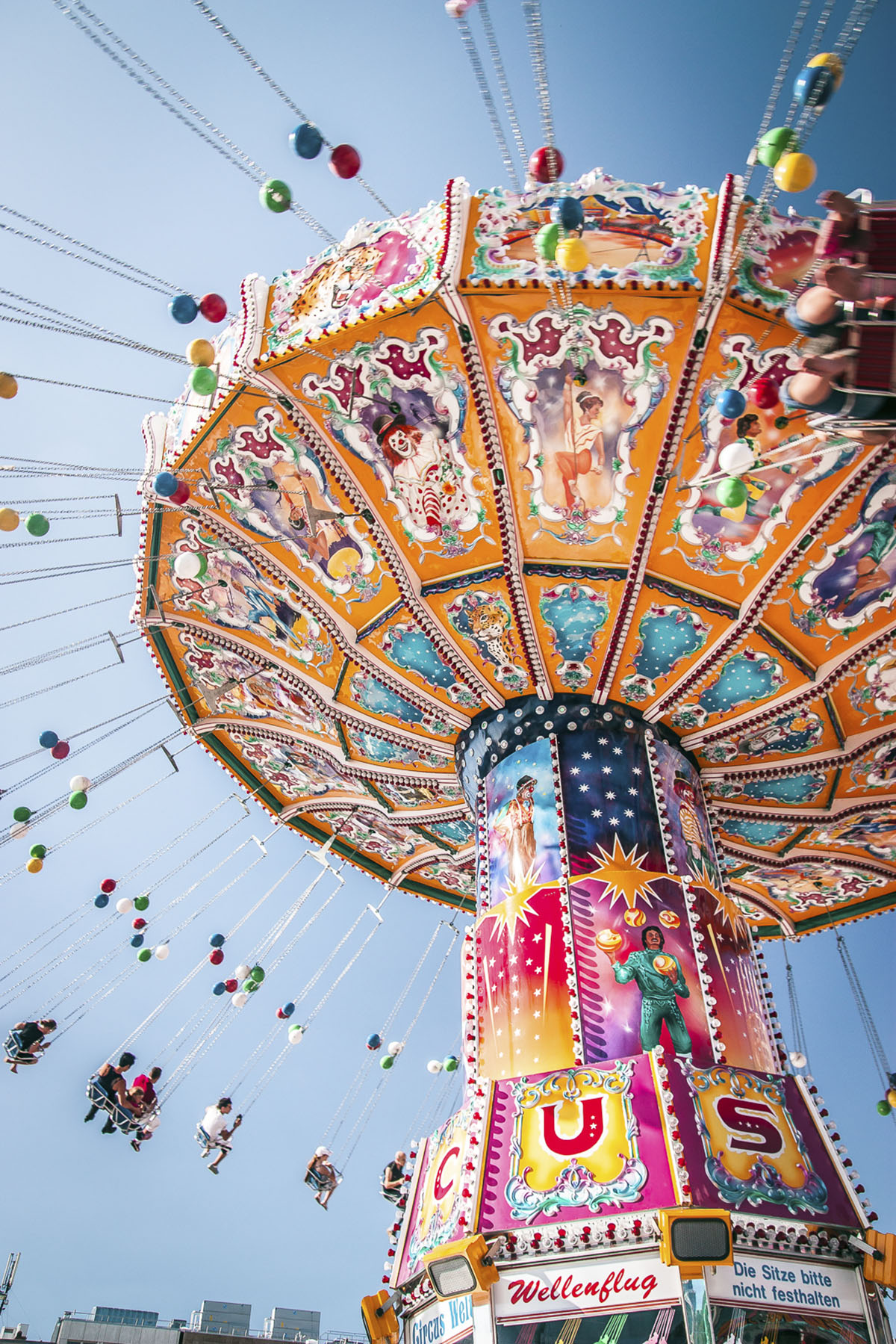Steve Flinders: Make the journey part of the holiday
TEXT & PHOTO: STEVE FLINDERS

Flights in and out of Malta, where I live, have now risen back nearly to pre-Covid levels. Tourists don’t seem to feel much concern for the millions of people not far south of here whose lives are being drastically affected by climate change caused in no small part by air travel.
I was the same. But after two decades of work-related international travel, I now feel increasingly like a climate criminal, which is why I decided to return overland to Malta from a recent seminar in York, England. Here’s a quick balance sheet of the outward and inward journeys:
●Cost. Malta to York by plane and train: €285. York to Malta by six trains and a ferry: €535. The inward journey also involved more spending on food, though not accommodation – family and friends put me up in London, Paris and Turin.
●Time. One day outward, five days back. It could be done faster, but peak fares, especially on Eurostar, would have pushed up the cost even more. Planning and bookings for the homeward leg took much longer.
●Carbon. It’s hard to get accurate figures for the two journeys, but different websites tell me a 2,350-kilometre flight generates between 365kg of CO2 and non-CO2 emissions per passenger and almost double that. Even the lower figure is seven times more than for the trains and ferry. I learnt that slow trains with old rolling stock are much less efficient than high-speed trains. Eurostar’s emissions are just six grams per passenger kilometre compared with 156 grams for a short-haul flight.
●Intangibles. Lunch in the sunshine in Syracuse beats any airport meal anywhere. Going through the Alps one day, and the orange, lemon and olive groves of southwest Sicily the next, I rediscovered the pleasures of slow travel. I read four books. The world rolled by the carriage window. I slept a lot.
We need a personal and political reappraisal of the way we travel. Plane tickets should come with a global health warning. Frequent flyers should be penalised. Governments should create price incentives for train travel over flying. More employers could give extra ‘journey days’ of holiday to staff who travel flight-free.
Travelling more slowly gives us more time to stand (or sit) and stare. At the same time, we can show some practical support for the peoples of the south who are already suffering terribly because of our insatiable urge to hurry.
Steve Flinders is a freelance trainer, writer and coach, based in Malta, who helps people develop their communication and leadership skills for working internationally: steveflind@aol.com. Disclaimer: The views and opinions expressed in this column are those of the author and do not necessarily reflect the official policy or position of Discover Benelux.
Subscribe to Our Newsletter
Receive our monthly newsletter by email



